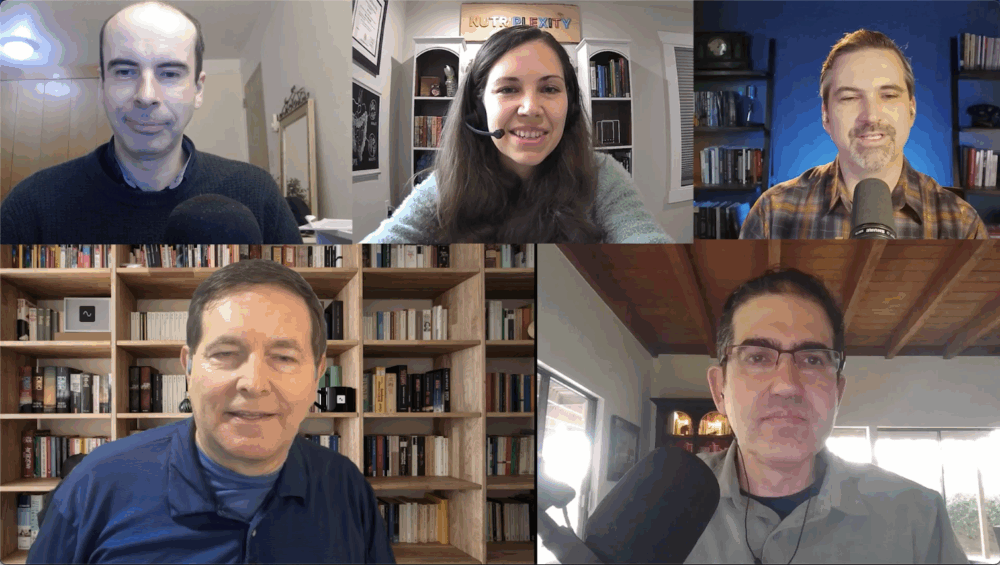
ID the Future
Intelligent Design, Evolution, and Science Podcast

Latest Episodes

Eric Hedin on Suffering in a Designed World
- 2144
- Eric Hedin
- December 5, 2025

Why Intelligent Design Best Explains the Laws of Nature
- 2143
- Elie Feder, Aaron Zimmer
- December 3, 2025

Beyond Fine-Tuning: Why the Laws of Nature Indicate Design
- 2142
- Aaron Zimmer, Elie Feder
- December 1, 2025
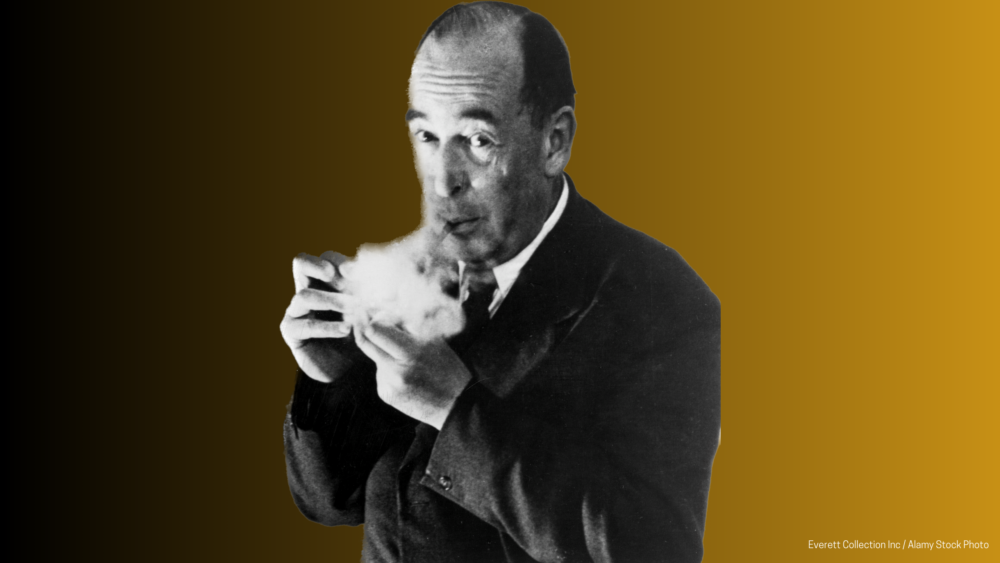
Thus Saith the Science: C.S. Lewis on the Dangers of Scientism
- 2141
- John G. West
- November 28, 2025
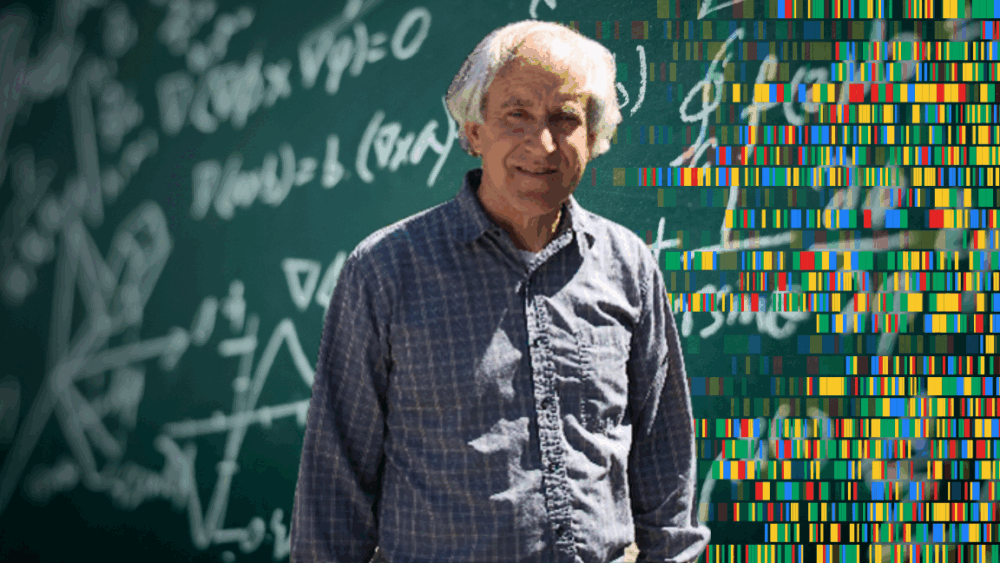
Get to Know This Mathematician’s Simple, Profound Arguments for Intelligent Design
- 2140
- Granville Sewell
- November 26, 2025

Michael Behe: Why Darwinism Will Eventually Collapse
- 2139
- Michael Behe
- November 24, 2025
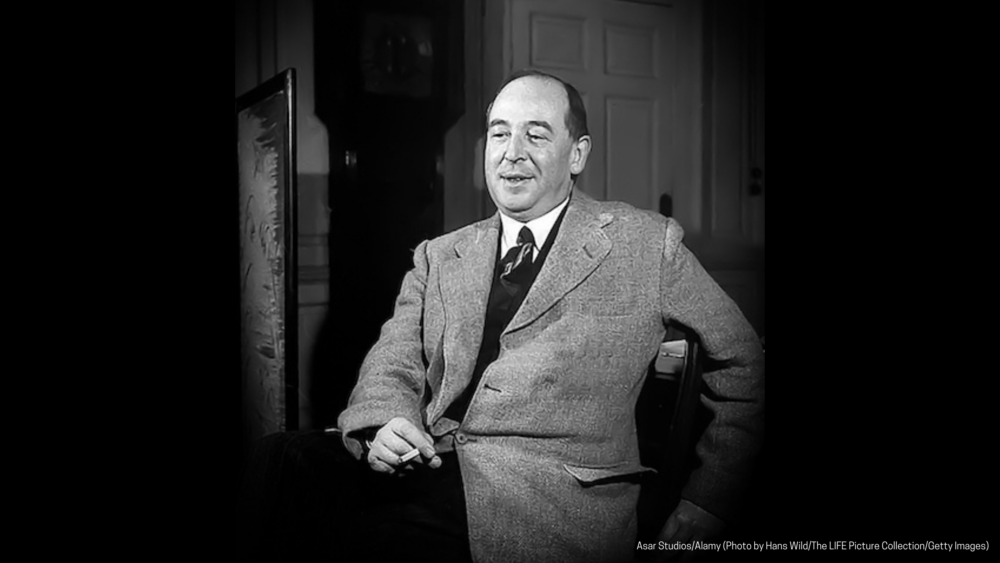
C. S. Lewis’s Prophetic Legacy on Scientism
- 2138
- John G. West
- November 21, 2025

Casey Luskin: Theistic Evolution and the Limits of Neo-Darwinism
- 2137
- Casey Luskin
- November 19, 2025
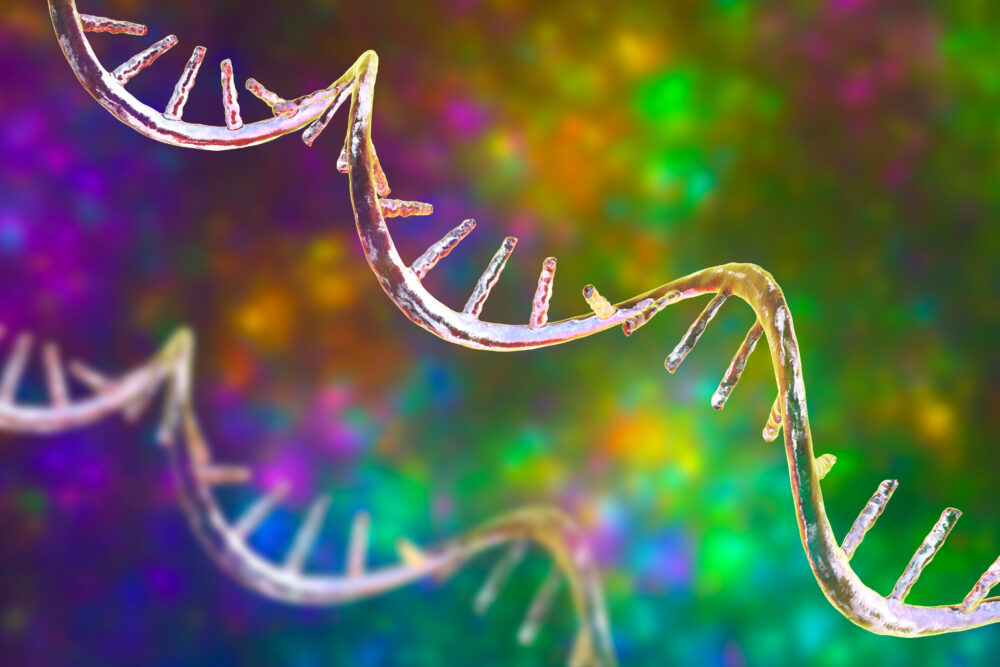
Did God Use Evolution to Produce Life? Why Theistic Evolution Fails
- 2136
- Casey Luskin
- November 17, 2025
Topics
__edited __repeat Intelligent Design Evolution Darwinism Materialism Neo-Darwinism Natural Selection Charles Darwin origin of life Atheism irreducible complexity abiogenesis biology DNA Theism fine tuning theistic evolution Casey Luskin Richard Dawkins Big Bang Darwinian Evolution fine-tuning Scientism engineering Darwin Michael Behe Science and faith evolutionary theory teleology God common descent genetics Biological Information multiverse methodological naturalism Evolutionary Biology cosmology Junk DNA science education Cambrian Explosion William Dembski Proteins Academic Freedom Fossil Record human evolution Stephen Meyer Naturalism Christianity philosophy of science physics Philosophy human exceptionalism scientific racism human origins Darwin Devolves Science information Francis Collins Eugenics C.S. Lewis Brian Miller scientific revolution purpose mathematics Molecular Machines chemical evolution devolution Aristotle scientific Materialism Icons of Evolution history of science specified complexity systems biology Kitzmiller v. Dover Featured __video-only Stephen C. Meyer Darwin's Doubt Jonathan Wells genetic information Microevolution astronomy Alfred Russell Wallace Religion macroevolution Eric Metaxas entropy philosophical materialism Albert Einstein Michael Egnor Jerry Coyne Ethics chemistry science and religion Theology survival of the fittest Isaac Newton Guillermo Gonzalez biochemistryNews
Podcast coverage and related news from Evolution News.
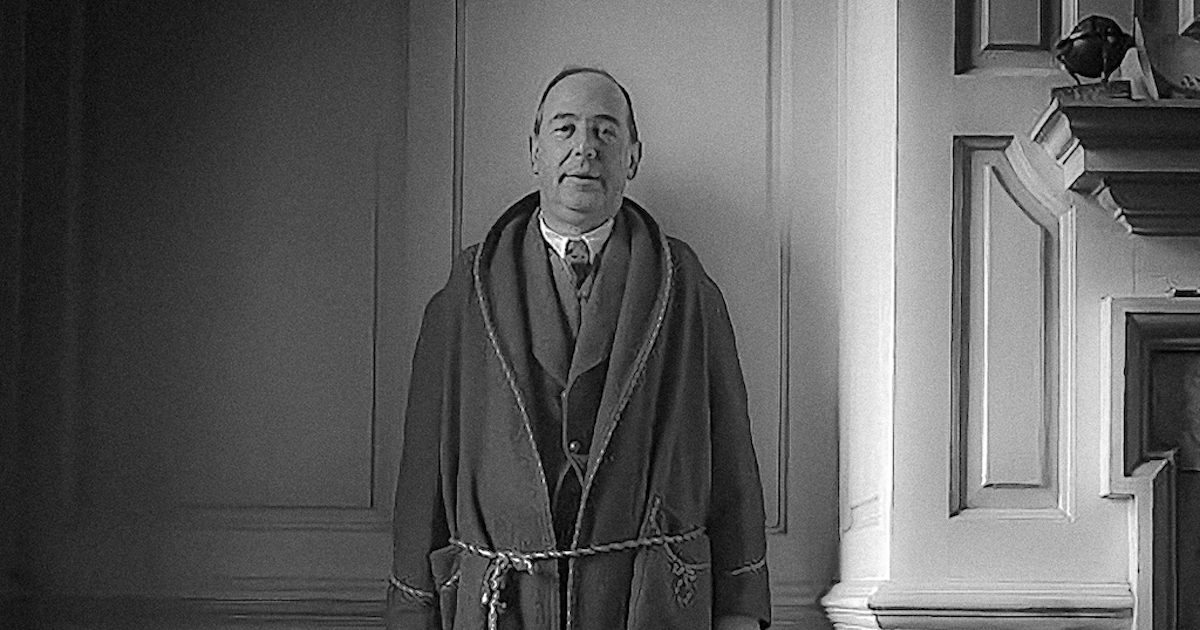
Thus Saith the Science
- Andrew McDiarmid
- December 7, 2025
- 2
- Faith & Science

From C. S. Lewis, Prophetic Warnings on Scientism
- Andrew McDiarmid
- December 6, 2025
- 2
- Medicine

Max Tegmark’s Mathematical Universe Hypothesis
- Andrew McDiarmid
- December 3, 2025
- 3
- Cosmology

Beyond Fine-Tuning: Design in the Laws of Nature
- Brian Miller
- December 3, 2025
- 7
- Physics

Mathematician’s Simple, Profound Arguments for ID
- Andrew McDiarmid
- December 1, 2025
- 3
- Mathematics

Behe: Why Darwinism Will Eventually Collapse
- Andrew McDiarmid
- November 26, 2025
- 3
- Intelligent Design

Theistic Evolution and the Limits of Neo-Darwinism
- Andrew McDiarmid
- November 21, 2025
- 3
- Evolution
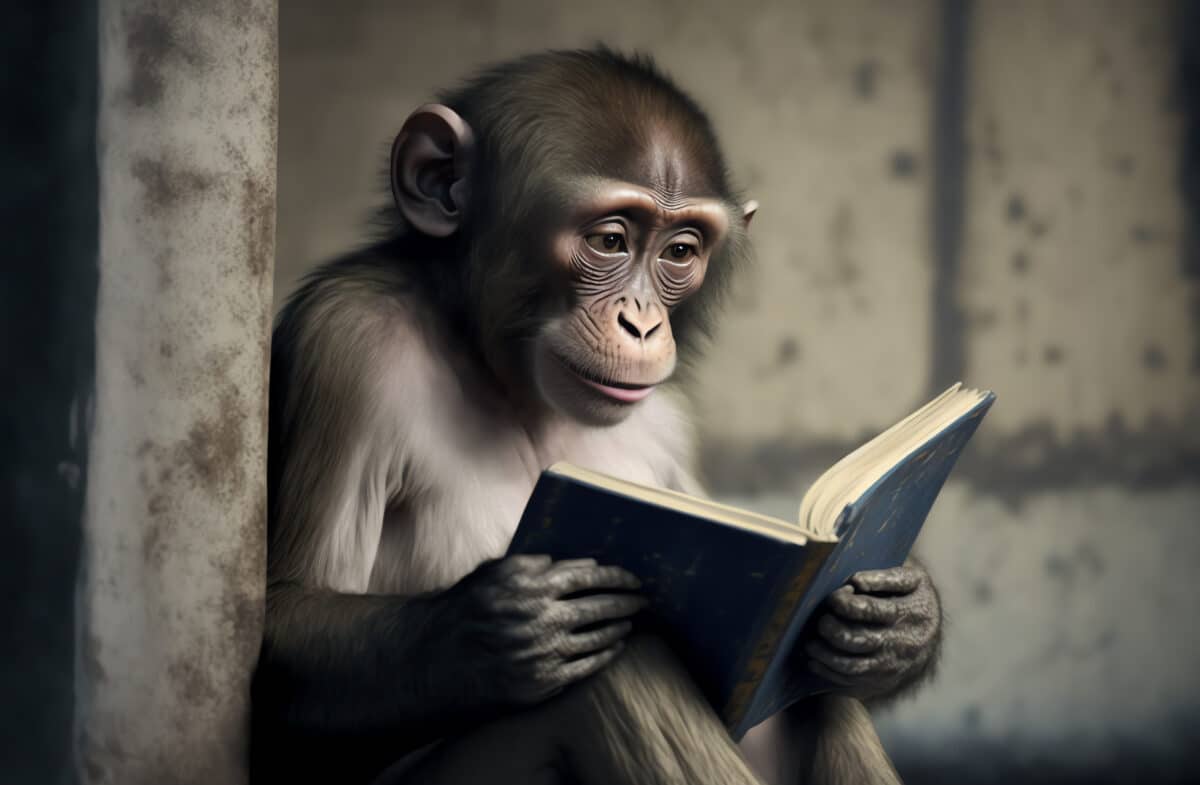
Did God Use Evolution to Produce Life?
- Andrew McDiarmid
- November 19, 2025
- 2
- Faith & Science

Life’s Informational Discontinuities
- Andrew McDiarmid
- November 16, 2025
- 3
- Intelligent Design

Don’t Let Elites Settle Question of Design
- Andrew McDiarmid
- November 14, 2025
- 3
- Scientific Reasoning
